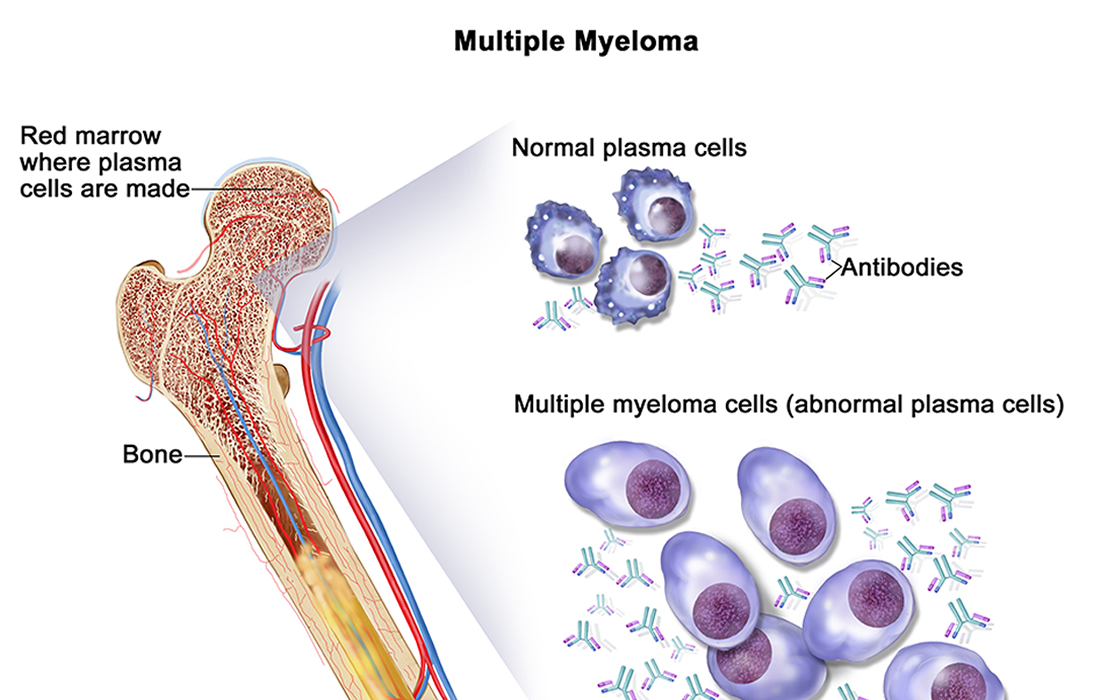A new antiinflammatory candidate drug, known as 3,6′-dithiopomalidomide (DP), designed by researchers at the National Institute on Aging (NIA), protected lab mice against cognitive decline by reducing brain inflammation. The research team from the National Institute of Health published their findings in the Alzheimer’s and Dementia: The Journal of the Alzheimer’s Association. AD is the […]
Author Archives: Francisco Fernandez, MD
“Ketogenic” is a term for a low-carb diet (like the Atkins diet). The idea is for you to get more calories from protein and fat and less from carbohydrates. You cut back most on the carbs that are easy to digest, like sugar, soda, pastries, and white bread. When you eat less than 50 grams […]
What is Curcumin? Curcumin, also called diferuloylmethane, is a natural polyphenol found in turmeric, a spice that has received much interest from both the medical/scientific worlds as well as from the culinary world. Turmeric has been traditionally used in Asian countries as a medical herb due to its antioxidant, anti-inflammatory, antimutagenic, antimicrobial, and anticancer properties. […]
Multiple myeloma is a cancer that forms in a type of white blood cell called a plasma cell. Healthy plasma cells help you fight infections by making antibodies that recognize and attack germs. In multiple myeloma, cancerous plasma cells accumulate in the bone marrow and crowd out healthy blood cells. Rather than produce helpful antibodies, […]
Colorectal Cancer Overall, the lifetime risk of developing colorectal cancer (CRC) is: about 1 in 23 (4.3%) for men and 1 in 25 (4.0%) for women. A number of other factors (described in Colorectal Cancer Risk Factors) can also affect your risk for developing colorectal cancer. In the United States colorectal cancer is the third […]
After we ingest food the insulin concentration increases and by doing so, glucose intake and oxidation in peripheral tissues happen. Insulin also activates lipoprotein lipase which promotes the storage of dietary fat in adipose tissue. When we fast, the plasma levels of insulin decrease, which results in lipolysis, a shift from glucose to fat oxidation […]
Obesity is a complex condition, one with serious social and psychological dimensions, that affects virtually all age and socioeconomic groups and threatens to overwhelm both developed and developing countries. In 1995, there were an estimated 200 million obese adults worldwide and another 18 million under-five children classified as overweight. As of 2000, the number of […]
Chronic traumatic encephalopathy (CTE) is a neurodegenerative tauopathy caused by repetitive head injury. Although it has chiefly been studied in contact sport participants, anyone who experiences repetitive head injury is at risk of CTE. It is associated with a range of neuro-psychological problems that range from mood and behavioral symptoms to cognitive impairment and dementia. […]
Parkinson’s disease (PD) is one of the most common neurodegenerative diseases and is characterized by loss of dopaminergic neurons in the substantia nigra, which causes bradykinesia (slowness of movements) and the characteristic rest tremors. In a new research study published in the journal Proceedings of the National Academy of Sciences, researchers found that kurarione, a […]
A pioneering study led by UCL and the National Institutes of Health (NIH) scientists has revealed why a common genetic variant worsens disease outcomes for people with amyotrophic lateral sclerosis (ALS) and frontotemporal dementia (FTD). Amyotrophic lateral sclerosis (ALS) and frontotemporal dementia (FTD) are devastating adult-onset neurodegenerative disorders with shared genetic causes and common pathological […]










